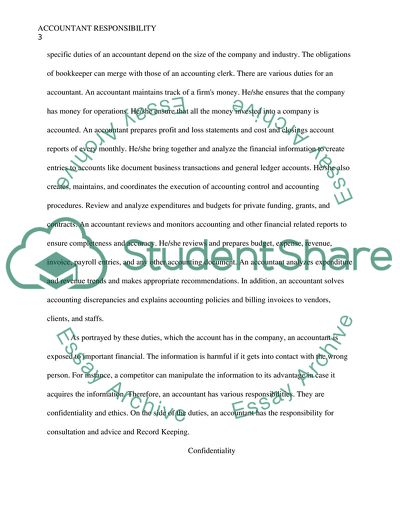Cite this document
(Accountant Ethical Responsibility Research Paper, n.d.)
Accountant Ethical Responsibility Research Paper. Retrieved from https://studentshare.org/human-resources/1843491-reserch-paper
Accountant Ethical Responsibility Research Paper. Retrieved from https://studentshare.org/human-resources/1843491-reserch-paper
(Accountant Ethical Responsibility Research Paper)
Accountant Ethical Responsibility Research Paper. https://studentshare.org/human-resources/1843491-reserch-paper.
Accountant Ethical Responsibility Research Paper. https://studentshare.org/human-resources/1843491-reserch-paper.
“Accountant Ethical Responsibility Research Paper”, n.d. https://studentshare.org/human-resources/1843491-reserch-paper.


